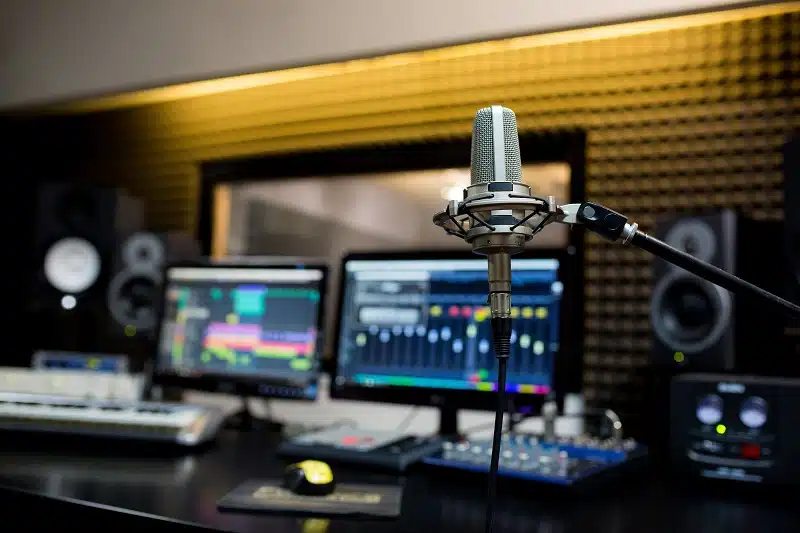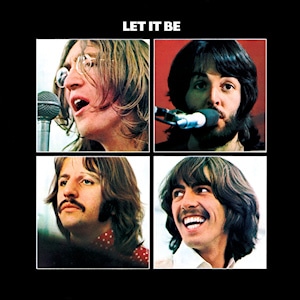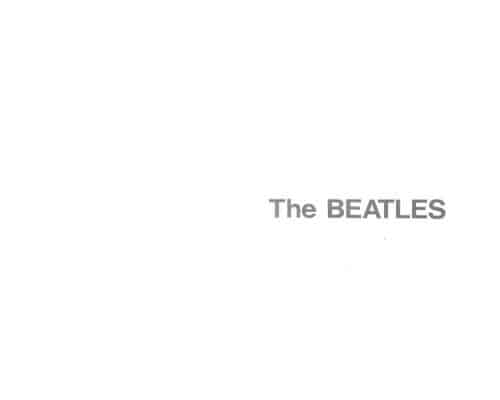Let It Be is the twelfth and final studio album by the English rock band the Beatles. It was released on 8 May 1970, almost a month after the group’s break-up. Most of Let It Be was recorded in January 1969, before the recording and release of the Beatles’ album Abbey Road. For this reason, some critics and fans, such as Mark Lewisohn, argue that Abbey Road should be considered the group’s final album and Let It Be the penultimate.
The recording sessions began at Twickenham Film Studios as part of a planned documentary showing the Beatles preparing to return to live performance. A project instigated by Paul McCartney, the filmed rehearsals were marked by ill-feeling within the band, leading to George Harrison’s temporary departure from the group. As a condition of his return, the Beatles reconvened at their own Apple Studio, where they completed the recordings with the help of guest musician Billy Preston.
Let It Be was originally intended to be released midway through 1969, as Get Back, but the Beatles were unhappy with the version mixed and compiled by Glyn Johns, and the project was temporarily shelved. A new version of the album was created by Phil Spector in 1970 and finally released as Let It Be, serving as the album for the 1970 motion picture of the same name. While three songs from the sessions were released as singles before the album’s release, “Get Back”/”Don’t Let Me Down” and “Let It Be”, the songs were remixed by Spector for the album and “Don’t Let Me Down” was not included.
In the UK and Canada, the album was originally issued by Apple (and distributed by EMI) in a lavish box that also included a book featuring stills from the Let It Be film. Several months later, the album was reissued in a standard LP jacket (the same one that was included in the box set), sans book. In the United States, the Let It Be album was issued in a gatefold cover, without the book.
Original American copies of Let It Be bore the Apple Records label, but because United Artists distributed the film, United Artists Records held the rights to distribute LP copies of the album in America. (EMI subsidiary Capitol, which held the Beatles’ US contract, had simultaneous rights to the music on the album, allowing them to distribute pre-recorded tape versions of the album, as well as to release its songs on singles and compilation albums. Capitol, however, did not have the rights to release or distribute the album in LP format.) To indicate that Let It Be was not distributed by Capitol, the Apple logo and record label in America sported a red apple, rather than the Beatles’ usual green Granny Smith apple.
In early 1976, when the Beatles’ EMI contract expired, the group’s catalogue in the US transferred from Apple to Capitol; Let It Be, however, went out-of-print in America for three years. In 1979, Capitol/EMI acquired United Artists Records; with this acquisition, Capitol acquired the rights to two Beatles albums previously distributed in the US by United Artists, Let It Be and the soundtrack album A Hard Day’s Night. (As A Hard Day’s Night had never been issued by Apple in the US, it remained in print in America under the United Artists label when the Apple contract expired in 1976.) Shortly after acquiring United Artists Records, Capitol re-issued both UA distributed Beatles albums on the Capitol label.
The album was first released on CD on 19 October 1987. Along with the other Beatles albums, EMI released a re-mastered CD on 9 September 2009 and an electronic version (24-bit FLAC and MP3 formats on a USB drive) on 4 December 2009.
The Beatles won the Academy Award for the Best Original Song Score in 1970 for the songs in the film.








